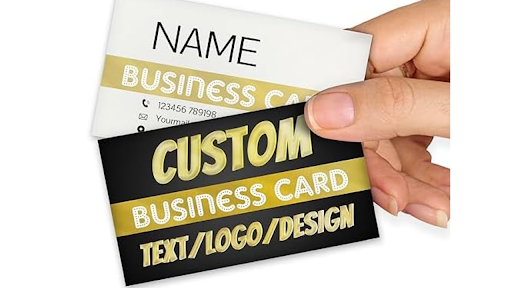6 Sustainability Practices Your Business Should Adapt Now
Some entrepreneurs enthusiastically devote some of their time and resources to achieving sustainability in business. They willingly take steps to mitigate their businesses’ environmental impact and establish long and short-term objectives to achieve sustainability. However, they would put it to a halt if they believe that going for sustainability may disturb their business operations and endanger their profits.
On the other hand, some of them believe that making changes to achieve sustainability in business is prohibitively expensive. That’s just untrue and can be misleading. They shouldn’t view sustainability as another fruitless expense. Instead, they should consider it as an opportunity to increase their company’s profitability.
Unfortunately, that’s just how most business owners operate. They are ready to spend and risk as long as they will get something in return. But when they see no direct benefit from an initiative, activity, or movement, they would rather look for something else to allot their attention to.
If you’re an entrepreneur yourself, know that going green has numerous benefits beyond green marketing and meeting social obligations. Aside from that, some sustainability practices that you can do and adapt now will not even disrupt your business operations or make a dent in your finances. If you’re wondering what they are, here are some of them.
1. Manage And Reduce Waste
Every business—regardless of industry or size—generates waste. You can manage your waste daily by hiring Same-Day Rubbish Removal or any garbage collection service company near you, and let them sort your trash for you. Having this service ensures you that not all your company’s trash is being irresponsibly dumped on a landfill or to another country.
When it comes to reducing waste, there are multiple policies you can start in your business. For one, you can make your employees bring tumblers, mugs, and glasses instead of supplying them with bottled water and disposable cups.
2. Use Recycled Paper
Additionally, you may purchase recycled office paper for your business. It’s one of the most environmentally friendly options available today for you, which can lower your business’ carbon footprint. In addition to reducing the need to cut down more trees, the manufacturing process of recycled paper consumes fewer resources—like electricity and water—and emits less carbon dioxide than virgin paper.
On the other hand, if you’re worried about costs, don’t. Recycled paper is a cost-competitive option, and most of the time, cheaper.
3. Acquire And Use Refurbished Equipment
Technology is another commodity that some frequently disregard in the workplace. If your business is expanding, you’ll eventually require new equipment. However, new equipment doesn’t mean you need brand new machines, appliances, or devices.
You can, instead, settle on used and refurbished equipment. Aside from being the inexpensive option, you also don’t indirectly contribute to the unnecessary production of new materials and equipment, which again, contributes to pollution and consumption of environmental resources.
4. Use Environmentally Friendly Packaging
By altering the packaging of your items, you can drastically lessen your contribution to pollution. Consider using packaging that uses biodegradable materials such as corn starch, mycelium, wood pulp, and seaweed for single-use containers. If you think your customers will frown about the packaging change, you can opt to use recyclable custom rigid boxes, which can make your packaging more sustainable and luxurious at the same time.
If using those types of packaging unreasonable—you can’t put wet goods in a paper box without any form of plastic packaging—you can at the very least choose recyclable plastic. Know that when a packaging material comprises two different types of polymers, it may become unrecyclable. So, if you need to, choose single-polymer plastic packaging.
5. Change Inefficient Light Fixtures To LED
Halogen and incandescent lamps consume more energy than LED bulbs. Using LED lights is one of the simplest ways to conserve electricity. Find all the inefficient lighting fixtures and replace them with LED bulbs.
While LED bulbs are initially more expensive, they will pay for themselves over time due to reduced energy consumption and fewer light bulb replacements as they also last longer than others.
6. Implement Sustainable Workplace Practices
Aside from implementing new policies to reduce waste, you should also think about new rules and practices to save resources. Two of the easiest measures to implement are making employees turn off all appliances they use at the end of the day and enabling power-saving features of all your electronic devices in your workplace.
Takeaway
Keep your underlying values intact while envisioning novel approaches to a variety of sustainable activities. It’s true that introducing changes in your business can be quite an unnerving experience. But with these sustainability practices, you can rest easy that you can gain more than you will lose.






